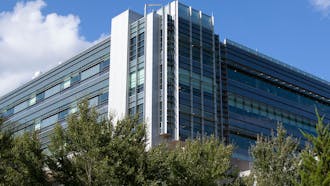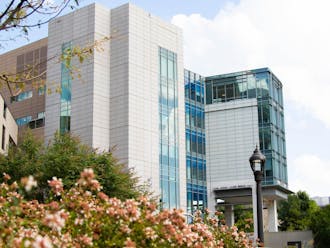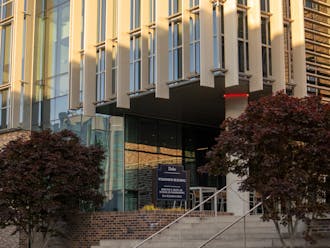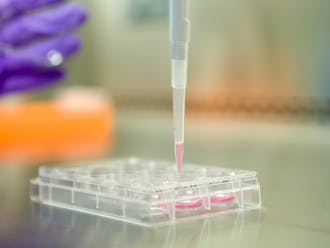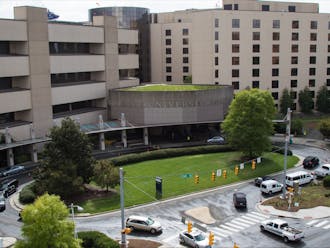Duke Hospital becomes second-ever hospital to implant artificial heart
By Darragh Senchyna | October 31, 2024The BiVACOR Total Artificial Heart, a device currently undergoing clinical trials, was used in August to keep Donavan Harbison, a resident of Graham, N.C., alive for 10 days while he awaited a heart transplant at Duke University Hospital.


